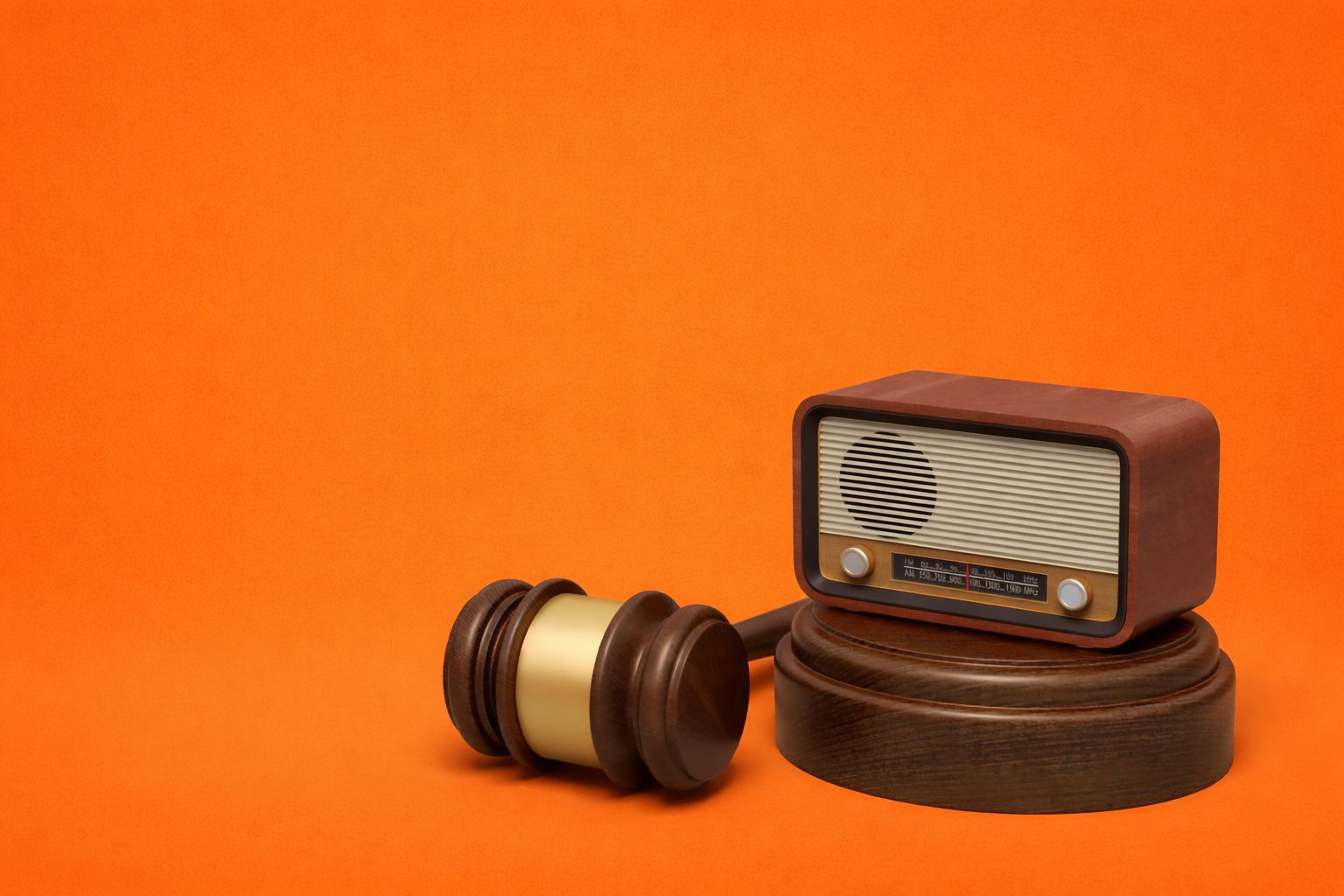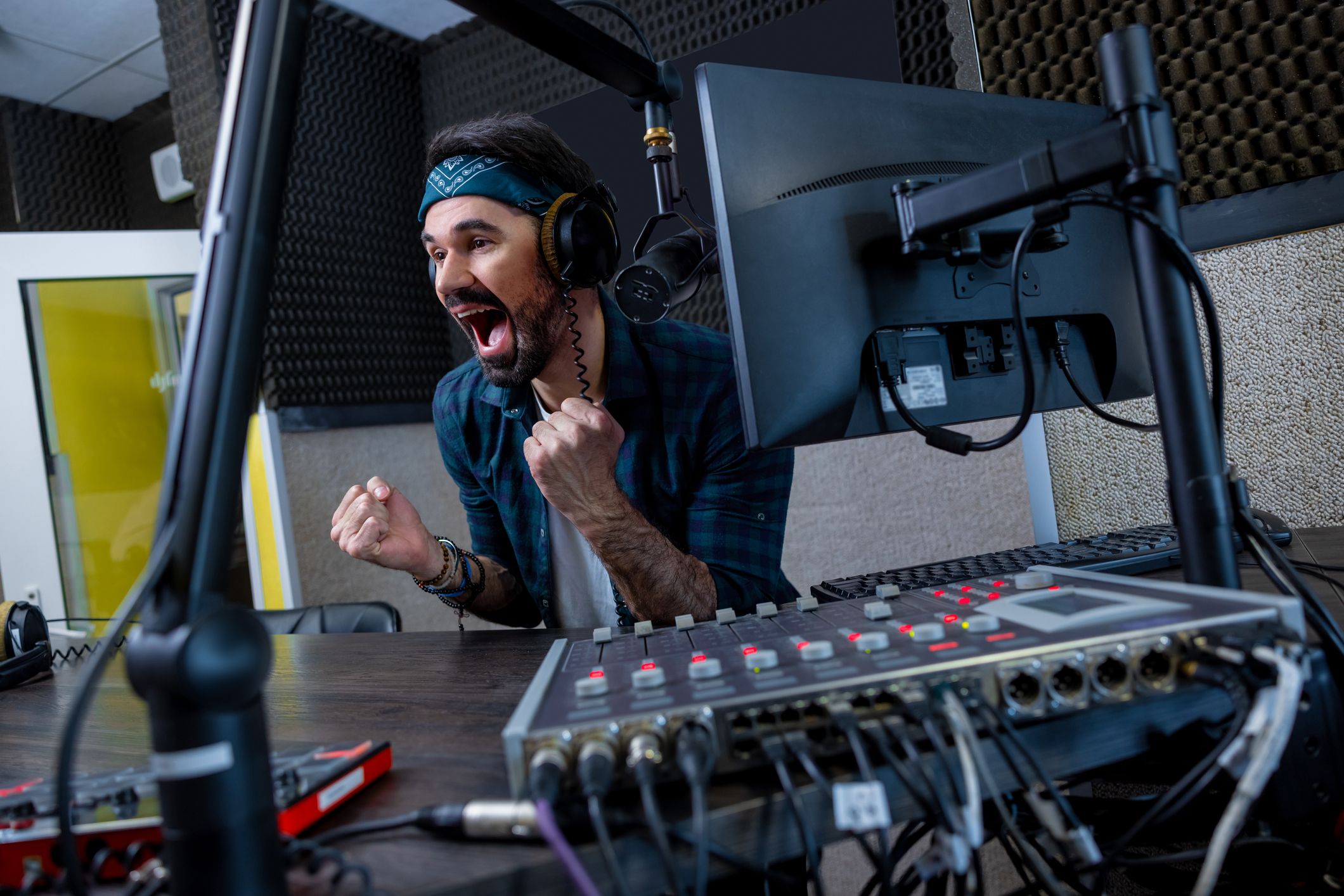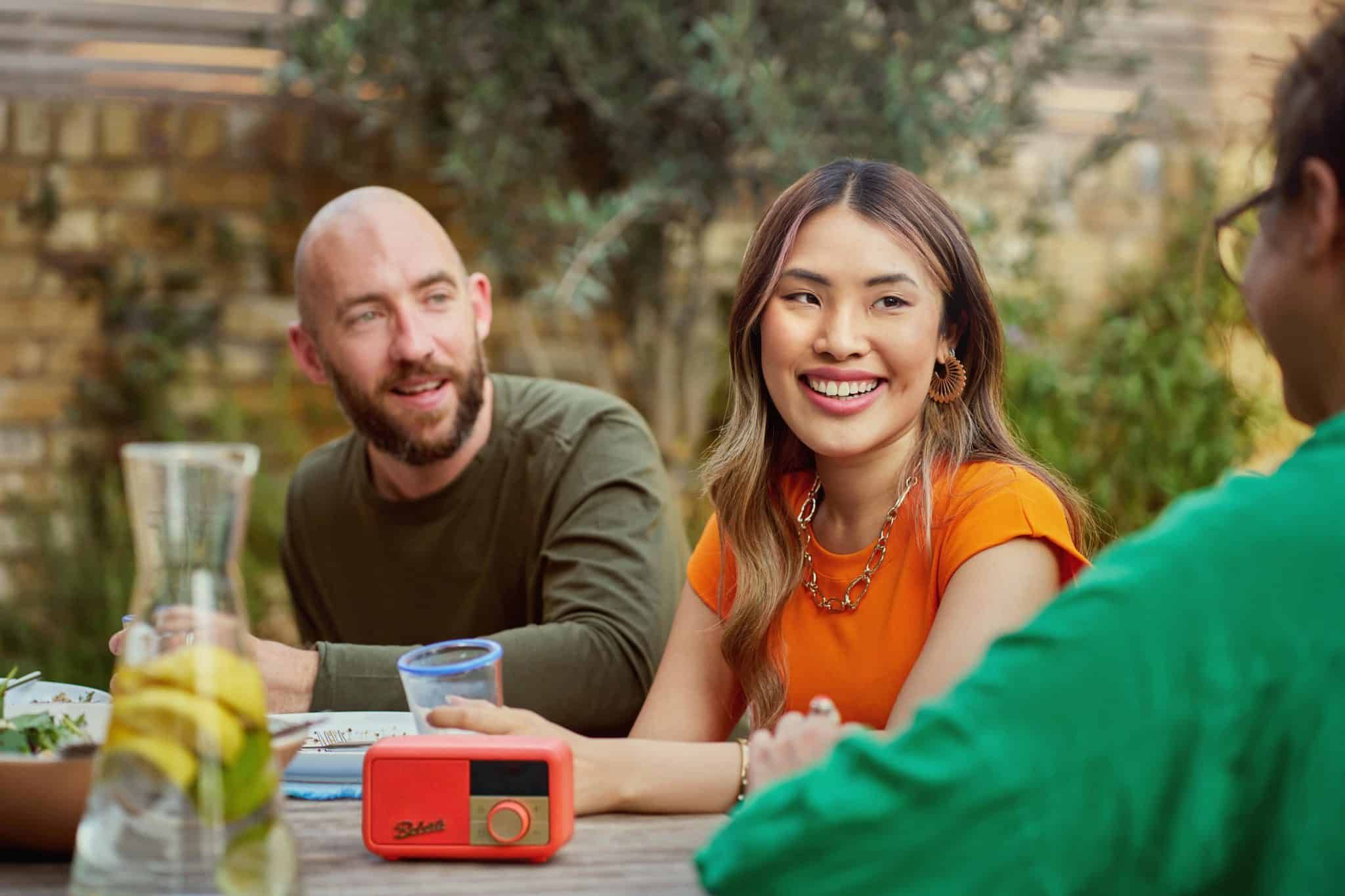4 Ways to Get Radio Airplay
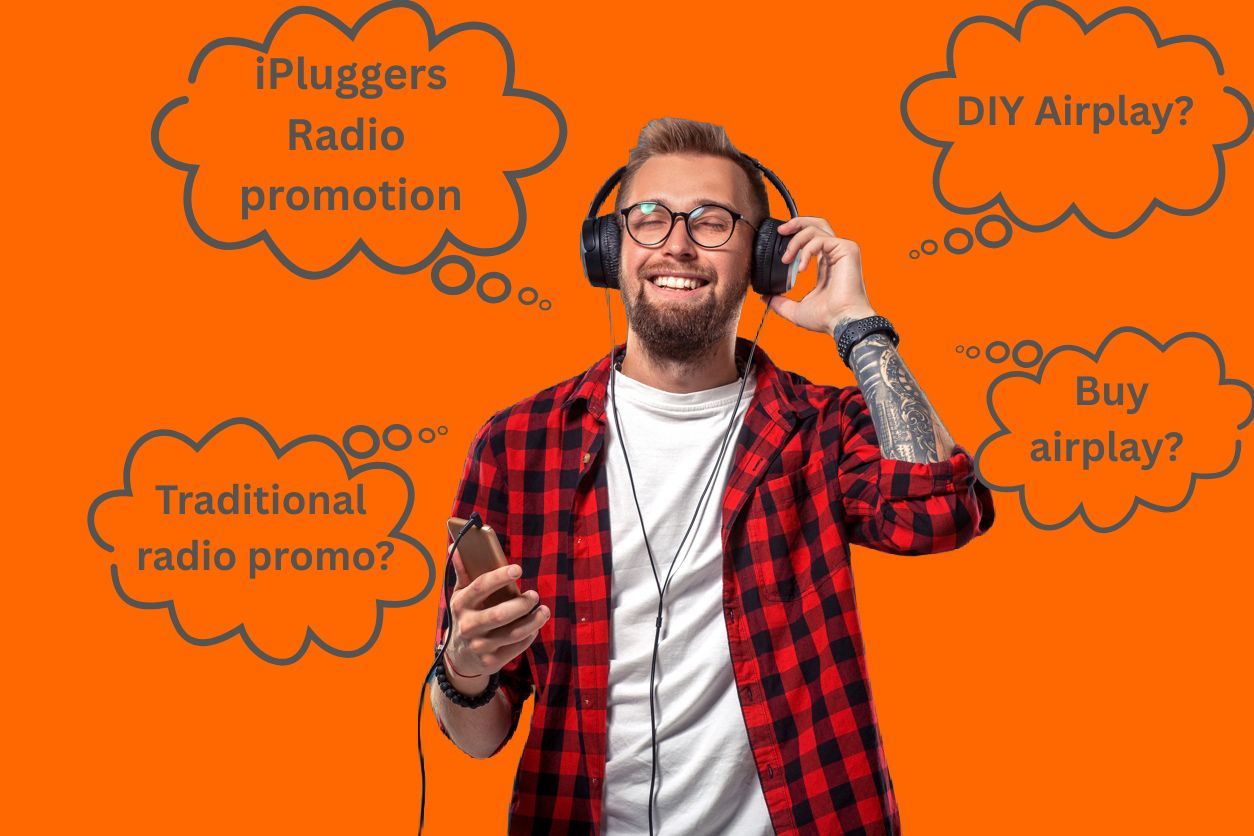
Getting radio airplay can completely transform your music career, but it’s also one of the toughest milestones for emerging and independent artists to reach. If radio promotion is something that is new to you, you’ve probably underestimated just how competitive and complex it is to get your music played on any station, whether college/university, local and community, regional or even national.
The good news? There are proven strategies you can use to promote your release and get your songs on the air. In this article, we break down the four most common airplay routes artists and labels rely on today. Some lead to real traction and momentum, while others can drain your time or budget with little to no return on investment.
The 4 options we’re discussing in this article are:
- DIY airplay (do-it-yourself)
- Buying airplay
- Traditional radio promotion
- Digital radio promotion
You’ll learn how each method works, the pros and cons of these approaches, and what to consider when choosing the best airplay strategy for your music.
1. DIY Airplay: Can You Do It Yourself?
At first, getting your music played on the radio might seem straightforward. You hear the same songs over and over, so offering something new and different should be easy, right? Unfortunately, that’s not how radio works and getting airplay is more complicated than that. Programme directors at major stations will be receiving hundreds of new releases every week. Hundreds! So, unless there’s already a lot of buzz around you or your track, they won’t even consider it. Even if your song is great, being unsigned often means it will be filed in the bin.
In spite of this, many independent and emerging artists decide that they can handle getting airplay themselves. The most common approach is to build or buy a list of radio stations, send out a bunch of emails, and sit back and wait for the radio airplay to happen. The reality is very different. Music directors and radio programmers are constantly being flooded with unsolicited music submissions. If you don’t know the correct contact or music submission process for each station, your email is highly likely to end up in a generic email inbox, or the wrong inbox altogether, and it quickly gets deleted. Why would someone take time to forward an unsolicited message from someone they don’t know? They definitely won’t be listening to the track you’ve attached to check it out before deciding what to do with it. And if your email does somehow reach the right person, you’re still just another unknown name among the hundreds. It’s not looking good for your track getting any airplay right now, is it? Radio Programmers prioritise material from trusted relationships. With limited time and overflowing inboxes, cold submissions very rarely get heard.
Maybe you think giving them a quick call will give you an edge. In reality, reaching a music director or radio programmer by phone is difficult. Their office hours are limited, and many won't be willing to take calls from random unfamiliar artists. If, by some miracle you do get through, you’ll probably hear, “I haven’t had time to listen to it yet, try again next week,” restarting the cycle all over again. Now imagine repeating that process for hundreds of radio stations. The cost to you in terms of your time and energy is extremely high, and the odds that you will successfully secure airplay remain extremely low.
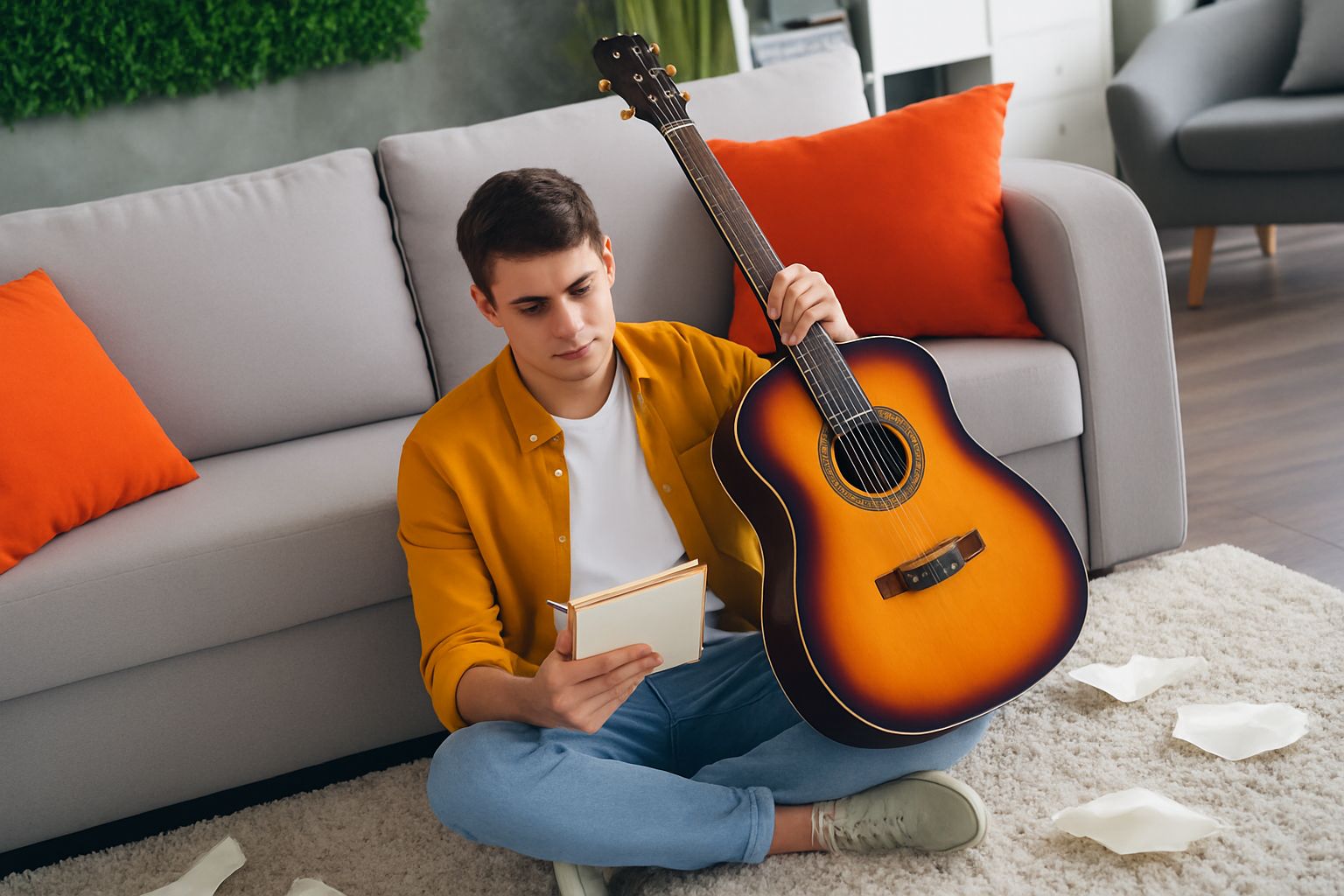
Ultimately, the DIY approach fails for two main reasons: most artists don’t know (or ignore) the proper process, and they don’t have existing relationships with radio stations. There aren’t shortcuts or secret hacks. To have any chance, you’d need to commit full-time to properly researching contacts, building connections, and managing follow-ups. If your passion is making great music, or you already have a day job, turning radio outreach into another full-time responsibility isn’t going to be realistic for you. Time is one of your most valuable resources as an artist, and instead of pouring your time into a system with gatekeepers to screen you out, it would be wiser to look into other strategies, and partnerships, that can open those doors for you.
2. Buying Airplay: What You Need to Know
Buying airplay sounds simple. You hand over your cash, and in return you’ll get airplay for your track. At first glance, it seems like a guaranteed way to skip the rejection pile and get your song on the radio. But once you look closer, it becomes clear that this option is not worth the investment.
Many companies sell “airplay packages” promising anywhere from 1,000 to 10,000 plays, with prices ranging wildly from very low, to extremely high. They don’t care if the track is good or bad, if you pay, you get your track played on the radio. So how do they deliver on those numbers? Usually, they own a handful of online streams and label them as ‘radio stations’.
Now, to be perfectly clear, I’m not throwing shade at online radio itself. That’s not the issue here. Plenty of digital stations have real audiences and strong reputations. The problem is that these pay-for-airplay streams exist for one reason: to play music from anyone willing to pay the money. There’s no curation, no quality control, and no attempt to build a genuine audience. The playlists can sound sloppy, random, and often pretty terrible. As a result, almost no one listens. In fact, the only people listening are artists themselves, checking to see if their own song is being played. That ‘exposure’ you’ve been craving (and paying for) ends up meaningless.
Some of these companies will try to impress you by putting your song in rotation alongside major artists. If you’re a hip-hop artist, you might find your track listed next to Drake, Kendrick Lemar, or even Cardi B. But if you keep listening, you’ll hear dozens of low-quality, unknown acts mixed in. Being on a playlist like that will not do anything for your reputation or credibility. In the end, you’re paying to have your track played on stations with no real listeners, no credibility, and absolutely zero impact. It doesn’t help your career and it isn’t going to help you build your fanbase. The bottom line is, buying airplay this way is a waste of your money.
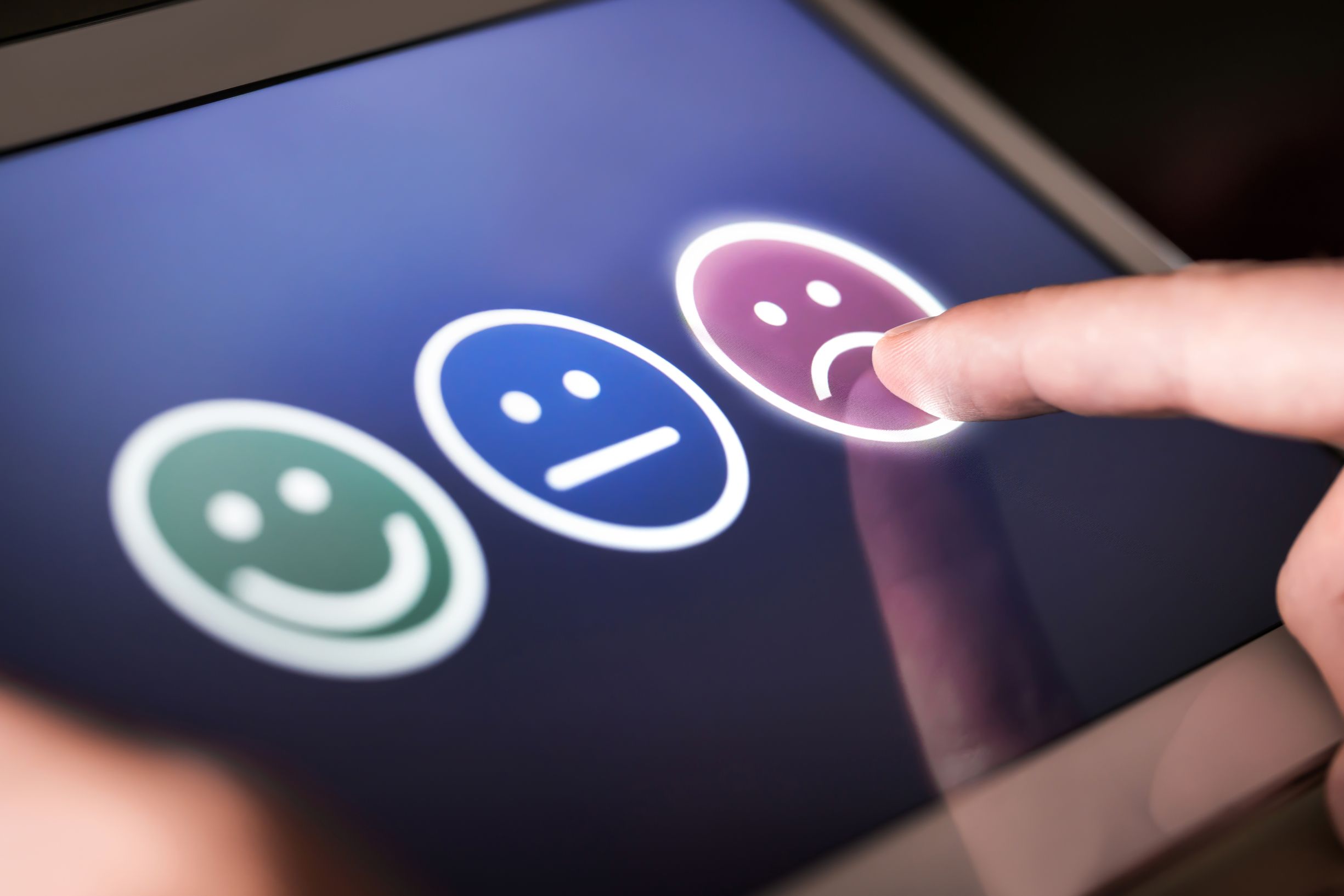
3. Traditional Radio Promotion: Pros and Cons
Traditional radio promotion is handled by a radio promoter, who pitches new releases to music directors or radio programmers at stations. Most work for major labels, though some operate independently for indie artists and smaller labels.
Their services can be quite costly and they are usually aiming for music that is mainstream and will occupy positions in mainstream charts. Because they generally rely on in-person visits to radio stations, their work is limited to a specific geographic area or territory, and they rarely target smaller, more niche, or online radio stations.
The investment is high, the reach is significantly limited, and the chances of your music even getting picked up, let alone charting, are slim. For some artists at a certain stage, it can be worthwhile, but results are far from guaranteed.
For a deeper look into how traditional radio promotion works, check out Traditional Radio Promotion vs Digital Radio Promotion.
And this brings us to the more sustainable, cost-effective route: digital radio promotion.
4. iPluggers: Worldwide Digital Radio Promotion
Digital promo removes borders, delivers real-time results, and costs a fraction of the price of traditional radio promotion. If your music is available globally thanks to streaming platforms and YouTube, your radio promotion should be too, whether you want exposure in Venezuela or anywhere else in the world.
Even before online listening became the norm, we were building the infrastructure for our global digital radio promotion. Now artists and labels don’t have to rely on costly, traditional promoters with geographical limitations, and can reach stations worldwide quickly.
Since 2010, iPluggers has been using our own dedicated platform to connect more than 35,000 radio stations with quality music across every genre imaginable. Stations sign up and choose the genres of music that they want to receive, so your tracks land directly with programmers actively looking for new music like yours.This is one of the things that makes our service so efficient: your release is wanted and expected.

We don’t spam or buy airplay. Instead, we use our own in-house ‘plugging’ technology that sends lightweight notifications to the right inboxes to reach music directors, DJs, and programmers, who trust us as their source of curated, high-quality new releases. That’s why major labels like Sony, Warner, and Universal, along with indie labels and independent artists, use our network to reach worldwide audiences.
In addition to our innovative platform, relationships remain at the core of what we do. Because we offer radio stations high quality music, in their specified genres, and as frequently (or infrequently) as they’d like, your release is anticipated, and is not ignored by the people in charge of gatekeeping what does and doesn’t go into playlist rotation. We don’t accept every submission. About 60% of releases are declined to maintain quality for our network.
In your account, you can track your results in real time to see which stations have downloaded your track, from which country, and when. You can also enable interview requests, allowing you to connect directly with radio stations that want to know more about you and your music. Our confidence in the strength of our network runs so deep that we give a guarantee on results. If you don’t get airplay within three months, we will refund your investment.
iPluggers delivers your track directly to over 35,000 radio stations worldwide, putting your song in front of the music directors, programmers, and DJs who want to hear it. Contact our Head of A&R, Marvin Kuijs, directly via marvin@ipluggers.com
If you’d like to get started with promoting your music straight away, you can create your iPluggers airplay account by clicking the 'Get airplay now!' button below, uploading your music, and we'll make sure your tracks get the airplay that they deserve.
Get airplay now!Related articles
View allComments
Comment policy: We love your comments and feedback. To uphold quality, we manually moderate all comments to prevent spam and solely promotional comments.
Thanks to these kind of services, Artists can finally breathe and think again. Tha Weights have been lifted.


